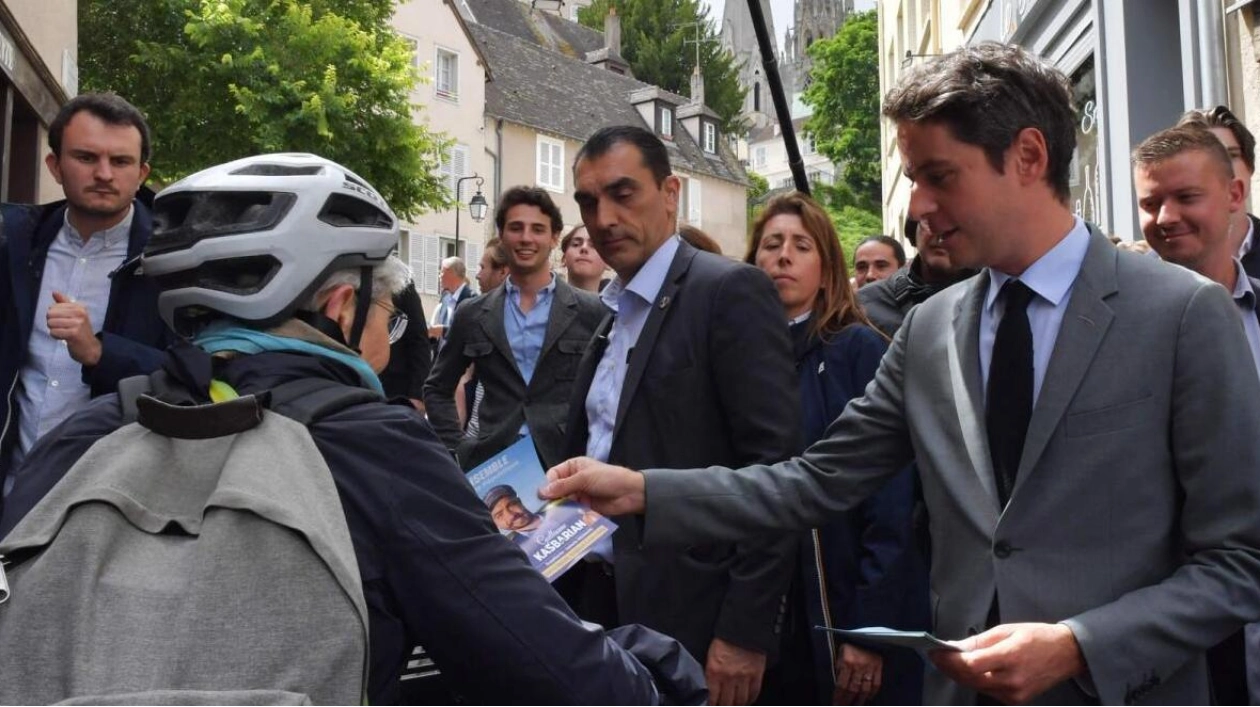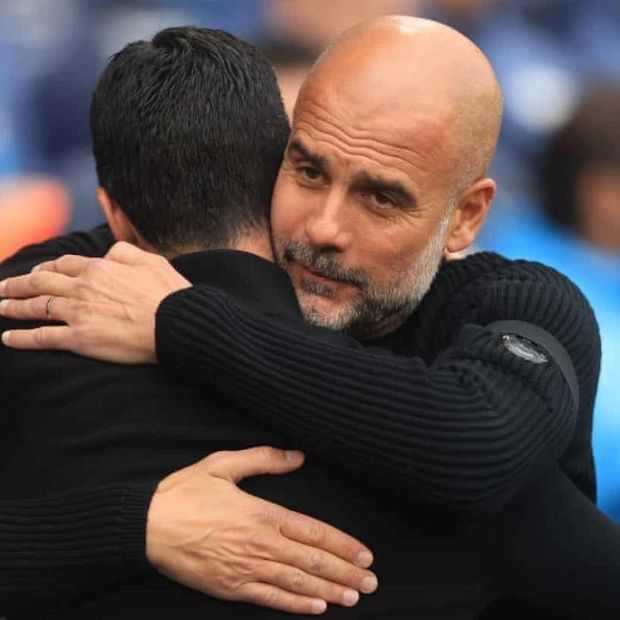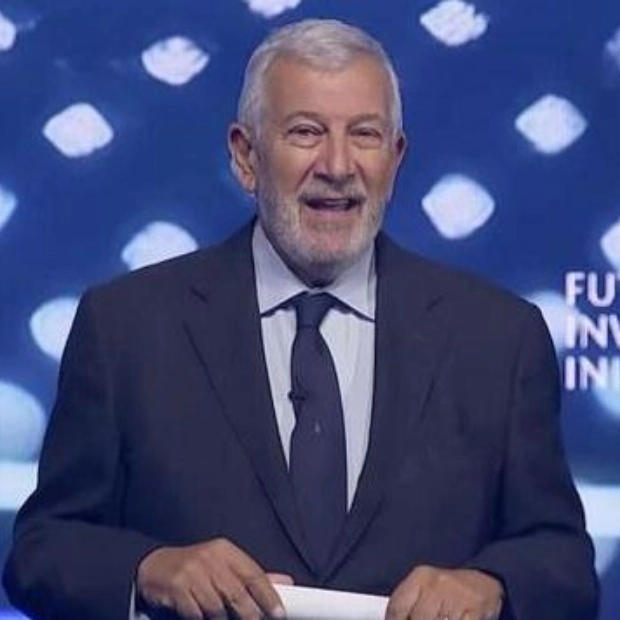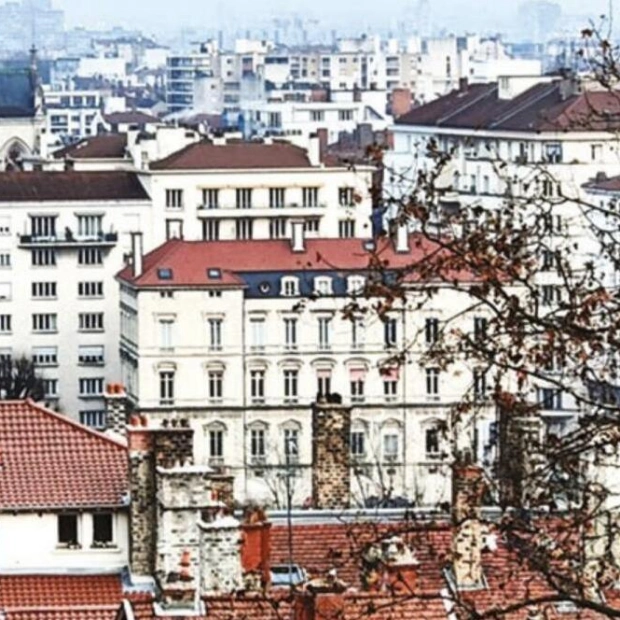French Prime Minister Gabriel Attal, a close ally of President Emmanuel Macron, expressed his belief that a cross-party effort to prevent Marine Le Pen's far-right National Rally from securing a majority in the upcoming parliamentary run-off could be successful. However, he refuted the idea that Macron's centrists might seek to form a cross-party government in the case of a hung parliament, suggesting instead that moderate assembly members collaborate on legislation on an individual basis.
Attal's comments came after over 200 candidates from various political backgrounds agreed to withdraw from local races to facilitate the defeat of the RN candidate in their respective districts. He noted on France Inter radio that these withdrawals indicate a possibility to prevent the far right from achieving an absolute majority, which the RN needs 289 seats to secure in France's 577-seat National Assembly.
Regarding the proposal for a temporary cross-party government if no party gains a majority, Attal stated he would not force a coalition on voters that they did not elect. He expressed hope that the Ensemble camp, allied with Macron, would be as large as possible, and thereafter, they would aim to gain majorities project by project.
During a cabinet meeting, Macron reportedly dismissed the idea of a coalition including the far-left France Unbowed party, highlighting the potential for prolonged political uncertainty in France, even if the RN does not come to power, until the end of Macron's term in 2027.
The Interior Ministry was set to release the second-round candidate list, though local media estimated that up to 218 candidates had withdrawn, potentially reducing the number of districts where the anti-RN vote could be divided. Initial polls suggested the RN could secure between 250-300 seats in the first round.
The success of the effort to block the anti-immigrant, eurosceptic RN remains uncertain, as centrist voters might be reluctant to support a far-left rival, and many left-wing supporters are disillusioned with Macron, making them unwilling to back his alliance. Le Pen indicated she might seek alliances with other parties if the RN fails to achieve an absolute majority, while her prime ministerial candidate, Jordan Bardella, stated he would not form a government without a strong mandate.
The RN performed strongly in the first-round vote, benefiting from Macron's miscalculated early election, which left his centrist camp in third place. Le Pen has long aimed to soften the RN's image, but concerns persist about its policies and its potential threats to European integration. The party plans to reverse Macron's reforms and its substantial spending plans raise questions about their funding. Financial markets reacted positively to the effort to form a 'republican front' against Le Pen's party, reducing the risk premium on France's sovereign debt.
The National Rally has criticized the cross-party effort to block it as anti-democratic and an attempt to disregard voters' choices. Bardella declared in Le Figaro that the true 'republican front' is the RN.






